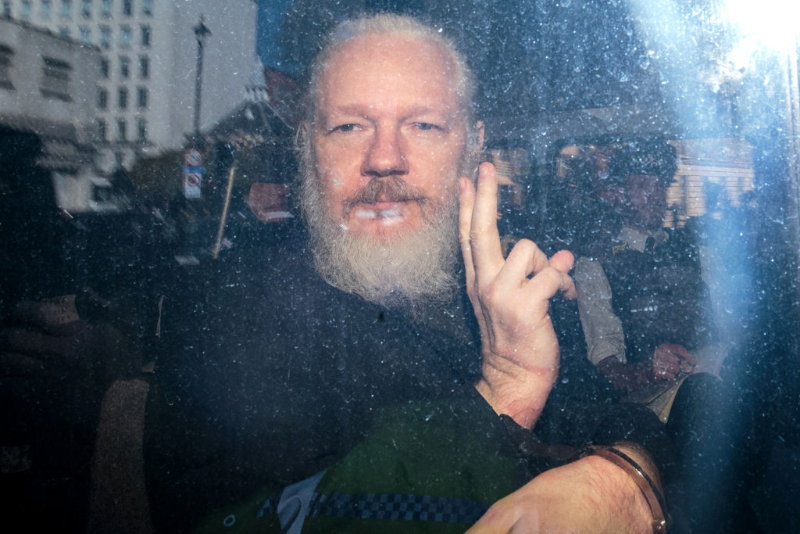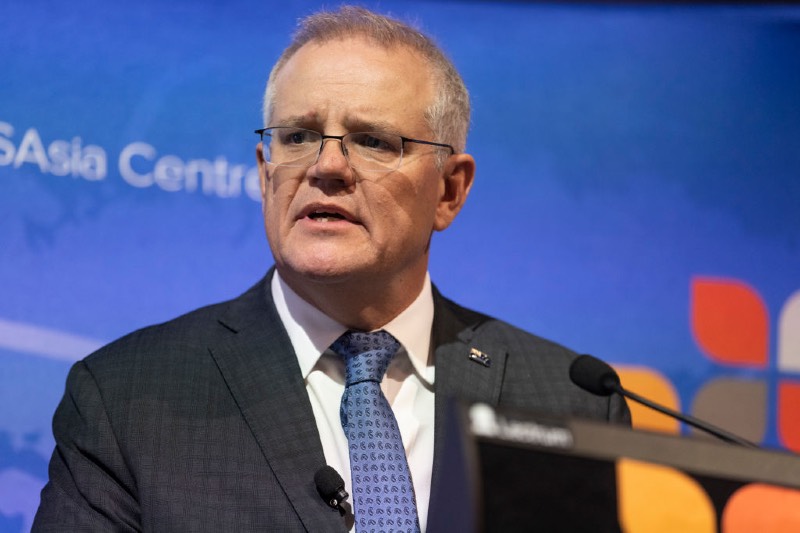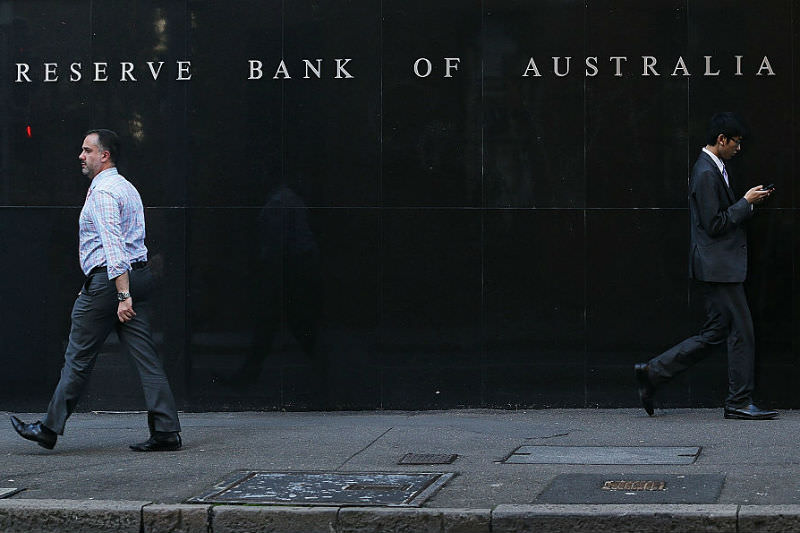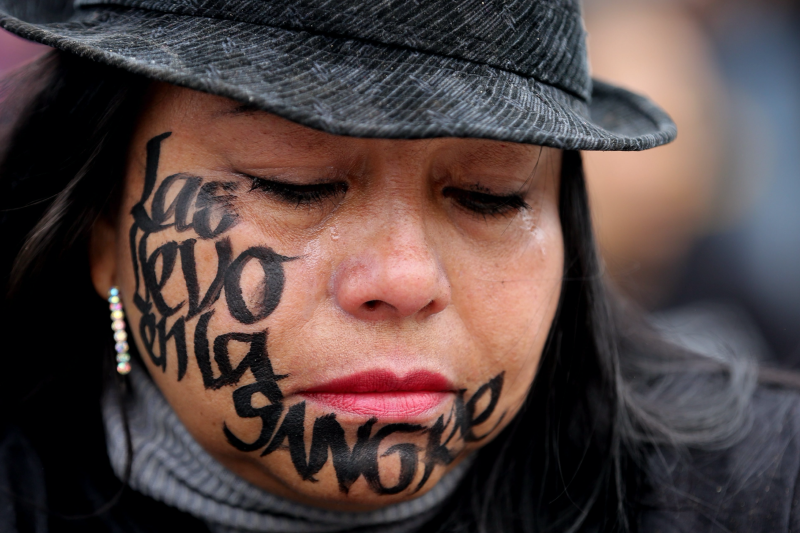Search Results: surveillance
-

MEDIA
- Binoy Kampmark
- 11 January 2022
Instead of retaining its control of a fruit market, or preserving an oil monopoly, Facebook harnesses another resource: data. Any regulator or sovereign state keen to challenge the way the Silicon Valley giant gathers, monetises and uses that data will face their ire.
READ MORE
-

INTERNATIONAL
- Binoy Kampmark
- 16 December 2021
The legal pursuit of Assange is disturbingly unique not only for using an archaic law against a non-US national; it is also the first instance of an international application of it against a publisher. The law, if applied in the way suggested by the charges, criminalise the receipt, dissemination and publication of national security information, irrespective of motive. If the US Espionage Act 1917 were applied in this way, it would appear to subvert the free press provision in the United States Constitution.
READ MORE 
-

INTERNATIONAL
- Binoy Kampmark
- 01 November 2021
27 Comments
Two decades ago, an Indonesian vessel given the name SIEV X sank with loss of life that should have caused a flood of tears and a surge of compassion. Instead of being seen in humanitarian terms, the deaths of 353 people became a form of rich political capital, placed in the bank of opportunism to be amortised at a federal election.
READ MORE 
-

ECONOMICS
- David James
- 07 September 2021
4 Comments
There is a three-way battle looming over the future of money and the stakes could scarcely be higher. Conventional money, mainly debt created by banks — the ‘folding stuff’ is only a tiny proportion of the total — is in trouble. Total global debt is now so large relative to the world economy it cannot be serviced, which is why monetary authorities have resorted to dropping interest rates. When they almost hit zero, the next step was quantitative easing (QE): printing money by getting the central bank to buy back government and corporate bonds and putting them on its ‘balance sheet’.
READ MORE 
-

INTERNATIONAL
- Joseph Camilleri
- 15 July 2021
17 Comments
The souring of relations with China is driven not just by prime ministers, foreign and defence ministers, or even by Cabinet. It is the product of converging interests with immense reach and influence.
READ MORE 
-

INTERNATIONAL
- Binoy Kampmark
- 11 May 2021
10 Comments
While the ban is unique in its severity, it is not divorced from a broader tendencies as to how citizenship has been appraised during pandemic times. Public health and safety have been prioritised over the standard liberties associated with citizenship.
READ MORE 
-

ECONOMICS
- David James
- 09 March 2021
5 Comments
Social media companies are adopting a strategy that may go down in history as among the worst corporate mistakes ever. Google and Facebook are now monopolies and, like all monopolies, they no longer see their main interest as serving customers but rather to capture governments in order to protect their market dominance.
READ MORE 
-

MEDIA
- Binoy Kampmark
- 23 February 2021
2 Comments
Instead of retaining its control of a fruit market, or preserving an oil monopoly, Facebook harnesses another resource: data. Any regulator or sovereign state keen to challenge the way the Silicon Valley giant gathers, monetises and uses that data will face their ire.
READ MORE 
-

INTERNATIONAL
- Andrew Hamilton
- 28 January 2021
10 Comments
A serious discussion of freedom of speech must move beyond it as an individual right to see speech as communication. It will then consider all the relationships, personal and public, involved in communication. It presupposes that people share a common commitment to truth. Freedom of speech flows from that deeper human responsibility and freedom to seek truth.
READ MORE 
-

ECONOMICS
- David James
- 10 December 2020
1 Comment
The world’s financial markets are afflicted by a deep irrationality that imperils their very existence. On the surface, finance looks logical enough with its numbers, charts, mathematics, forecasts, ‘modelling’ and so on. But this only masks the fact that the system itself has been working on underlying assumptions that are either contradictory — such as that you can ‘deregulate’ finance when finance consists of rules — narrow minded or absurd.
READ MORE 
-

AUSTRALIA
- Tim Robertson
- 05 November 2020
Bosses give any number of reasons, often focused on some vaguely defined notion of productivity, why they do or don’t support remote working, but ultimately it comes down to a single, fundamental question: what is the ideal balance between reducing expenditure and surveilling workers?
READ MORE 
-

INTERNATIONAL
- Ramona Wadi
- 08 September 2020
1 Comment
The coronavirus pandemic has been utilised by Latin American governments — prominent examples being Brazil and Chile — to militarise societies, criminalise resistance and normalise violence.
READ MORE 